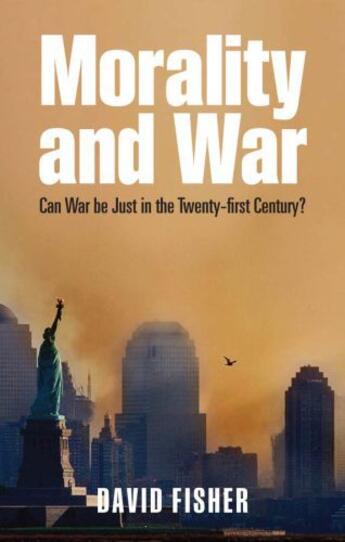-
Nombre de pages : (-)
-
Collection :
(-)
-
Genre :
(-)
-
Thème :
Non attribué
-
Prix littéraire(s) :
(-)
Résumé:
With the ending of the strategic certainties of the Cold War, the need for moral clarity over when, where and how to start, conduct and conclude war has never been greater. There has been a recent revival of interest in the just war tradition. But can a medieval theory help us answer... Voir plus
With the ending of the strategic certainties of the Cold War, the need for moral clarity over when, where and how to start, conduct and conclude war has never been greater. There has been a recent revival of interest in the just war tradition. But can a medieval theory help us answer twenty-first century security concerns?
David Fisher explores how just war thinking can and should be developed to provide such guidance. His in-depth study examines philosophical challenges to just war thinking, including those posed by moral scepticism and relativism. It explores the nature and grounds of moral reasoning; the relation between public and private morality; and how just war teaching needs to be refashioned to provide practical guidance not just to politicians and generals but to ordinary service people.
The complexity and difficulty of moral decision-making requires a new ethical approach - here characterised as virtuous consequentialism - that recognises the importance of both the internal quality and external effects of agency; and of the moral principles and virtues needed to enact them. Having reinforced the key tenets of just war thinking, Fisher uses these to address contemporary security issues, including the changing nature of war, military pre-emption and torture, the morality of the Iraq war, and humanitarian intervention. He concludes that the just war tradition provides not only a robust but an indispensable guide to resolve the security challenges of the twenty-first century.
Donner votre avis















